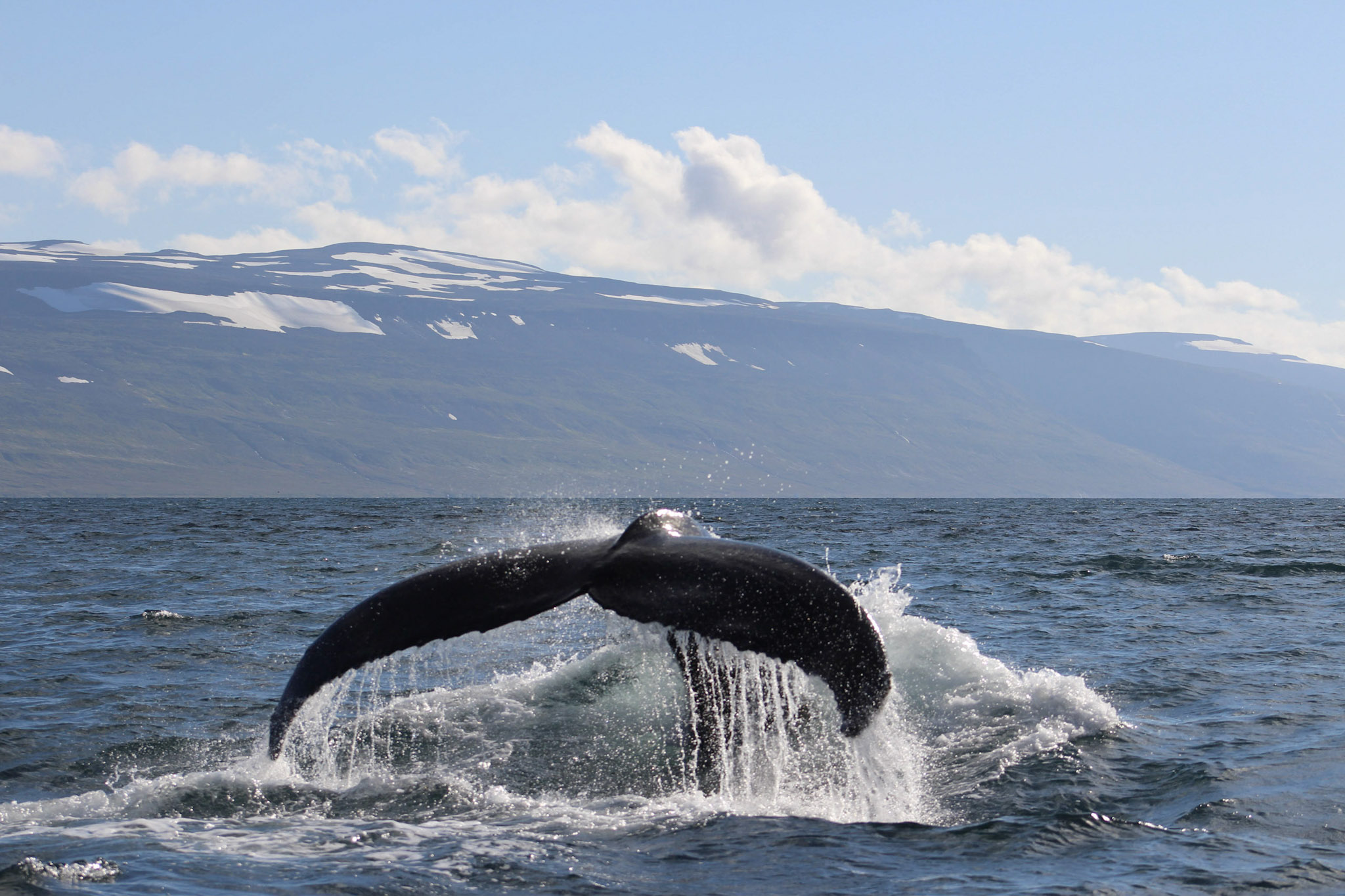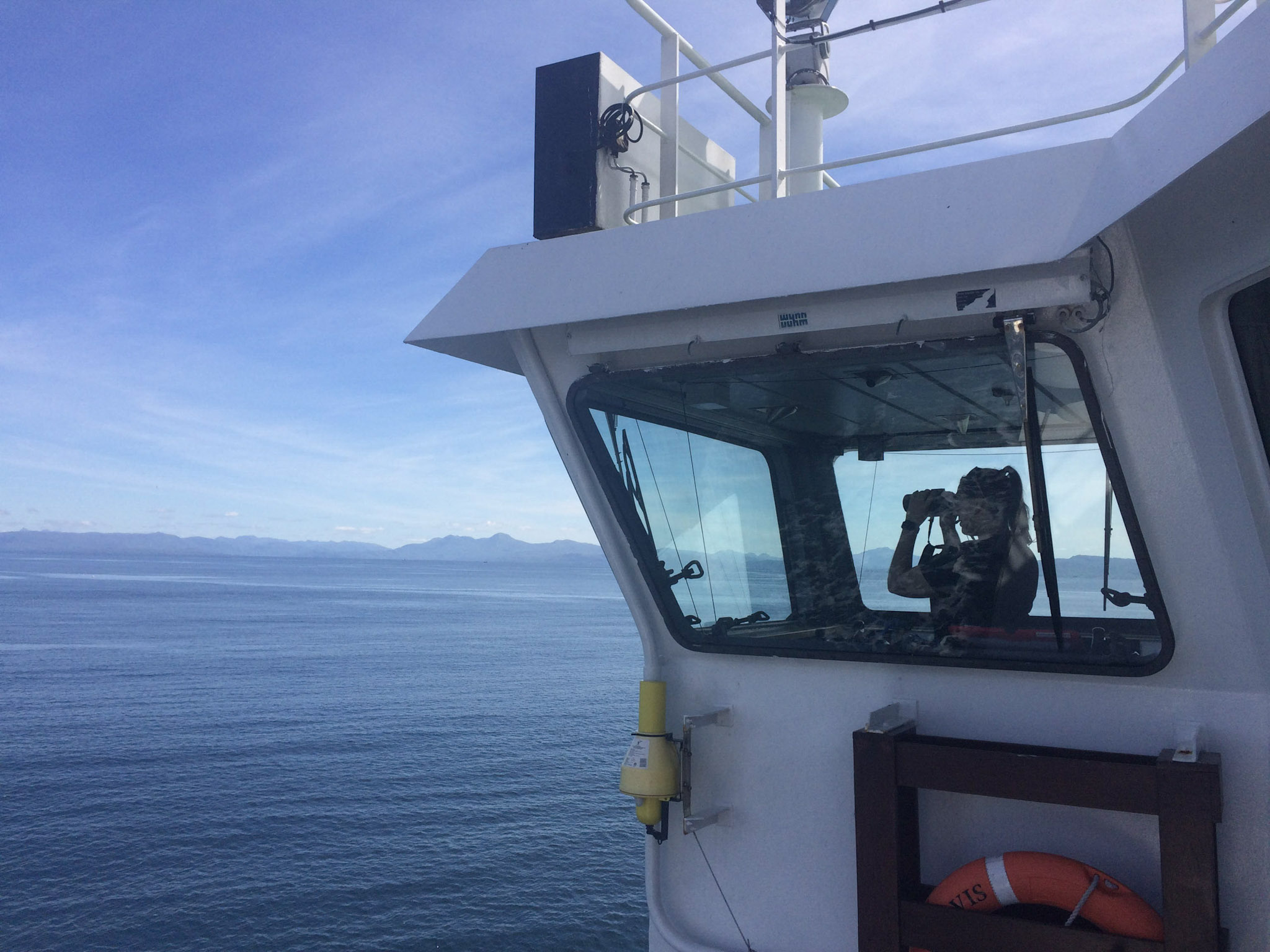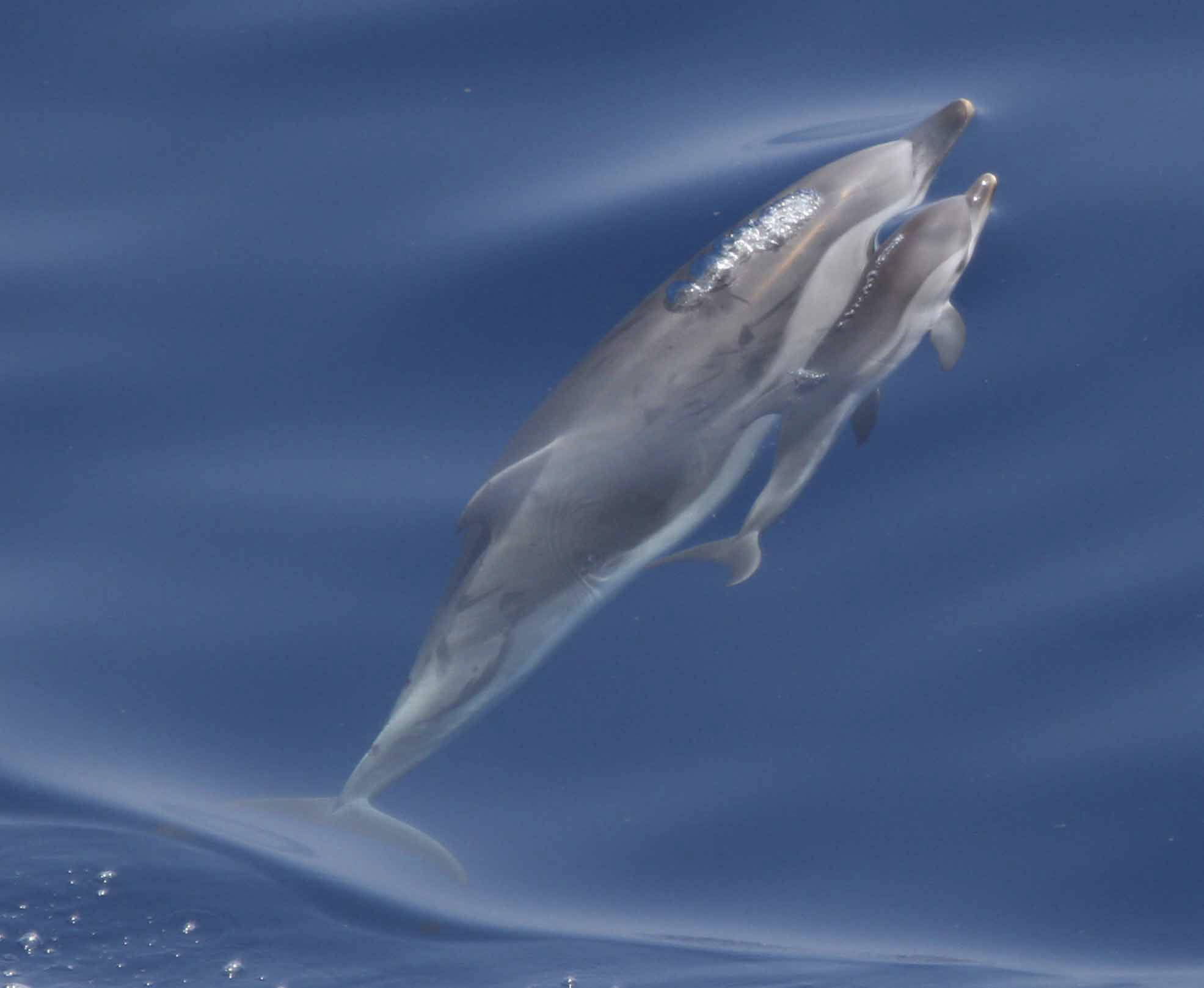 ORCA – Looking out for whales and dolphins
ORCA – Looking out for whales and dolphins
ORCA have been working for decades to protect whales and dolphins across UK & European waters. Our mission is to give everyone who cares about whales and dolphins an active role in safeguarding their future by empowering people from all walks of life to play an active role in marine conservation.
We do this by harnessing the power of citizen science, teaching members of the public to monitor whales, dolphins and porpoises (collectively known as cetaceans) so we can understand them better and ultimately give them the protection that they need.
Marine mammals have never faced such a diverse and wide ranging array of threats. Whether plastic pollution or overfishing, climate change or whaling, there are challenges facing the marine environment that have the potential to devastate some of the most iconic species we see in the ocean.
Yet, despite interest in the ocean being greater than ever before, we still only understand a fraction of the world beneath the waves, and as it stands over half the world’s species of whales and dolphins are classified as “data deficient” by the IUCN – meaning we can’t say whether they are endangered, threatened or even on the verge of extinction.

Monitoring the Oceans
ORCA’s work involves training members of the public to become Marine Mammal Surveyors. These volunteers collect scientific data from ships that we call “platforms of opportunity”. These ferries and cruise ships are already visiting important marine habitats around UK & European waters, so we place a team on board to collect environmental and sightings data during the voyage.
This has allowed us to build a long term dataset that we use to drive marine conservation policy at the highest levels. This includes helping to define Marine Protected Areas (MPAs) in the Hebrides and supporting the development of a Special Area of Conservation (SAC) in the North Sea – both key areas that are home to important species around the UK.

This approach is not only effective but it means that almost anyone with a passion for the ocean can get involved in helping to protect whales and dolphins, volunteering to sign up for surveys and join our army of volunteers working across the UK and beyond.
Inspiring & Educating
The added benefit to working on passenger ships is that we have the chance to meet hundreds of thousands of people each year to talk about our work and help people learn more about whales and dolphins right on our doorstep.
ORCA have teams of Wildlife Officers who live aboard a number of different ferry routes around the UK, spending anything from three to eight months of year talking to passengers, running deck watches and delivering presentations to highlight the changes we can all make in our life to protect the marine environment. These Wildlife Officers also collect data throughout their time at sea, adding valuable data to our core research and helping us to monitor vulnerable marine spaces.
 ORCA also run their Cruise Conservationist programmes in partnership with our friends in the cruise industry. These highly trained individuals deliver a bespoke programme for passengers aboard selected cruises, trips that have been targeted specifically to allow us to monitor hard to reach or understudied habitats around Europe and the rest of the world.
ORCA also run their Cruise Conservationist programmes in partnership with our friends in the cruise industry. These highly trained individuals deliver a bespoke programme for passengers aboard selected cruises, trips that have been targeted specifically to allow us to monitor hard to reach or understudied habitats around Europe and the rest of the world.
These programmes not only contribute critical data for our conservation research, but they also give us a unique opportunity to reach hundreds of thousands of people from all walks of life and show them the important role these habitats play. We also take this message on to the shore, showing children in the classroom the small changes they can make as a part of Whale Education Month every October.
An Opportunity for Everyone
The beauty of ORCA’s work is that almost anyone can get involved – regardless of your background or previous knowledge, you can potentially go out to sea and help us to collect data as a citizen scientist. The only qualification you need is to be passionate about the marine environment – after that, we’ll teach you everything you need to go out to sea and collect data.
ORCA run Marine Mammal Surveyor courses around the UK each year, starting in October and running until the end of January. These courses are one day and usually take place at a weekend, and will teach you all of the fundamental skills you need to be an ORCA Marine Mammal Surveyor including how to record data, how to identify different species and what we expect of you on the ships.
Once you’ve trained up, got your uniform and joined as an ORCA member, you’ll be ready to apply for the dozens of surveys we run across the UK. Trips last anything from one day to 32 nights and your ticket and accommodation on ship are all included, so all you usually need to do is to get yourself to the port itself.
ORCA’s work to monitor marine life has never been more important as the ocean faces graver threats than ever before. We know that to protect the marine environment we need to understand it better, so why not visit www.orcaweb.org.uk/train to find out how you can get involved in our work.
